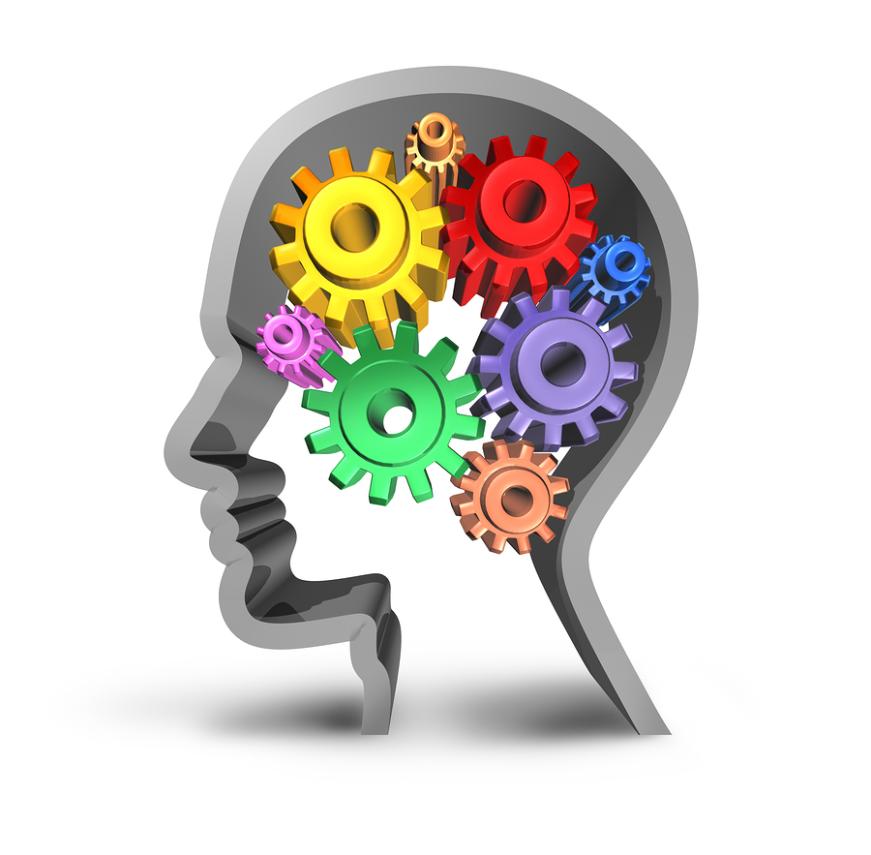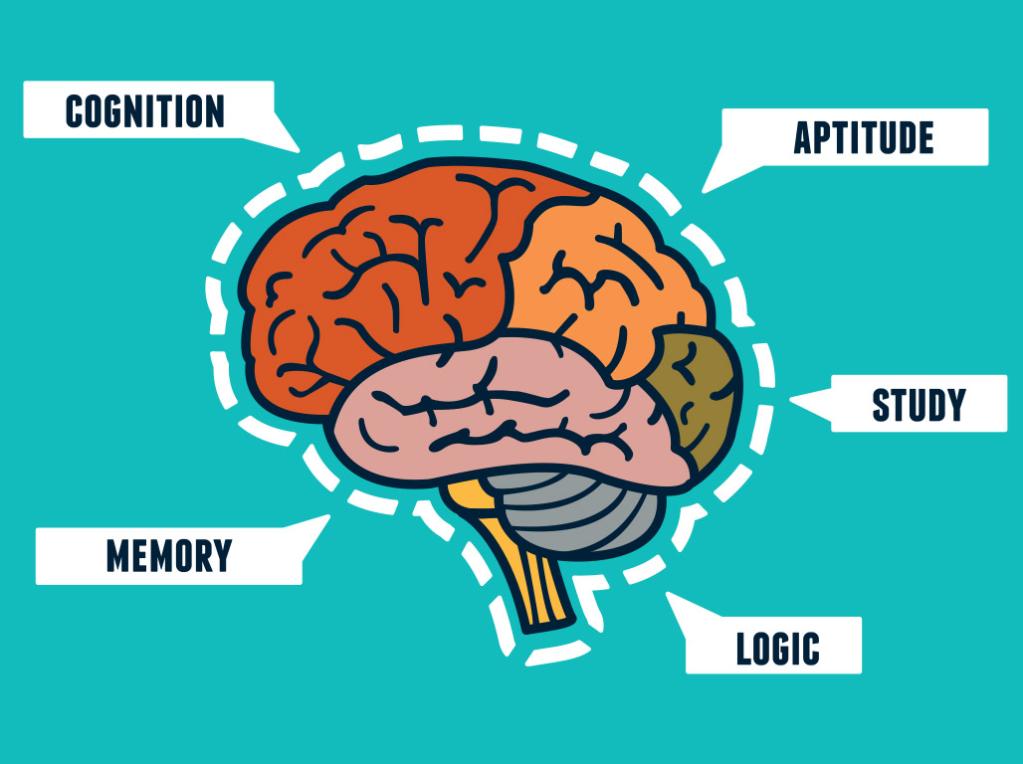How Does Stress Affect the Brain?
Stress is a natural response to challenges and demands in our environment. While short-term stress can be beneficial, chronic or excessive stress can have detrimental effects on our mental and physical health. This article explores the complex relationship between stress and the brain, shedding light on the neurobiological mechanisms underlying stress-related disorders.

Stress Response System
When we encounter stressors, our body activates two primary stress response systems: the Hypothalamic-Pituitary-Adrenal (HPA) Axis and the Sympathetic Nervous System (SNS).
- HPA Axis: The HPA axis is responsible for releasing hormones such as cortisol, adrenaline, and noradrenaline. These hormones prepare the body for the "fight-or-flight" response, increasing heart rate, blood pressure, and energy levels.
- SNS: The SNS directly activates the "fight-or-flight" response, mobilizing the body's resources to deal with immediate threats. It increases heart rate, respiration, and muscle tension, while diverting blood flow away from non-essential functions.
Effects Of Stress On Brain Structures
Chronic stress can lead to structural and functional changes in various brain regions, including the amygdala, hippocampus, and prefrontal cortex (PFC).
- Amygdala: The amygdala is involved in fear and anxiety processing. Chronic stress can increase activity and enlarge the amygdala, contributing to anxiety disorders and PTSD.
- Hippocampus: The hippocampus is crucial for memory and learning. Chronic stress can lead to atrophy of the hippocampus, impairing memory and learning abilities.
- Prefrontal Cortex (PFC): The PFC is responsible for decision-making, attention, and impulse control. Stress can reduce activity and connectivity in the PFC, leading to difficulties in cognitive function and emotional regulation.
Molecular And Cellular Effects Of Stress
Stress can also affect the brain at the molecular and cellular level.
- Neurotransmitters: Stress can alter the levels and activity of neurotransmitters, such as serotonin, dopamine, and glutamate, which are involved in mood, motivation, and cognitive function.
- Epigenetics: Stress can induce changes in gene expression patterns, leading to long-term effects on brain structure and function.
- Neurogenesis: Chronic stress can inhibit neurogenesis, the birth of new neurons, in the hippocampus, which may contribute to mood disorders and cognitive decline.
Stress And Mental Health Disorders

Chronic stress is a significant risk factor for developing mental health disorders, including anxiety disorders, depression, and post-traumatic stress disorder (PTSD).
- Anxiety Disorders: Chronic stress can increase the risk of developing anxiety disorders, such as generalized anxiety disorder, panic disorder, and social anxiety disorder.
- Depression: Chronic stress is a major contributor to depression. It can lead to changes in brain structure and function that are associated with depressive symptoms.
- Post-Traumatic Stress Disorder (PTSD): Stressful or traumatic events can lead to the development of PTSD. Neurobiological alterations observed in PTSD patients include changes in the amygdala, hippocampus, and PFC.
Stress has a profound impact on the brain, affecting its structure, function, and chemistry. These changes can contribute to the development of mental health disorders and impair cognitive and emotional functioning. Understanding the neurobiological mechanisms underlying stress-related disorders is crucial for developing effective treatments and interventions.

Stress management and resilience-building strategies are essential for mitigating the negative effects of stress on the brain and promoting mental well-being.
YesNo

Leave a Reply